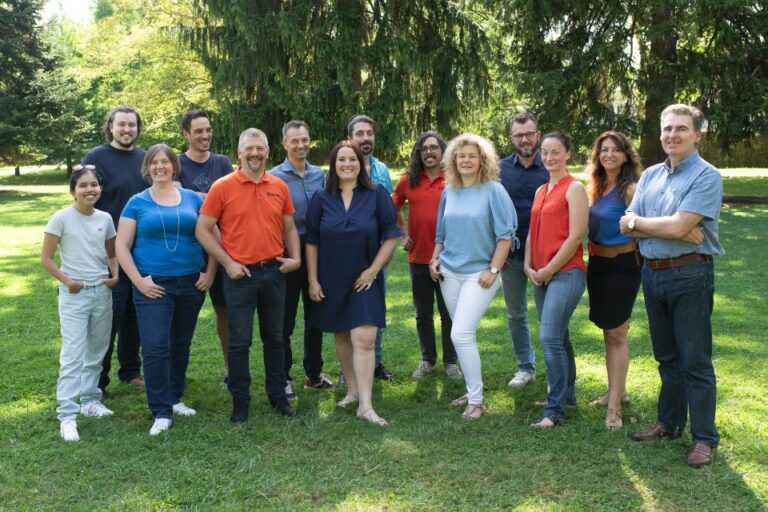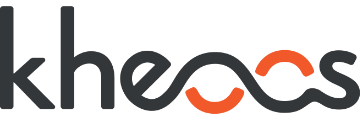Why Do Industrial Companies Generate Surplus?
Managing surplus is a major challenge for industrial companies. These underutilized stock excesses often lead to high costs and environmental impacts. Fortunately, innovative solutions are emerging to turn this constraint into an opportunity. Among them, kheoos stands out with its unique approach, particularly through its mykheoos and kheoos market services.
Industrial Surplus: kheoos Reinvents Management
1. Diversification of Activities
Industrial companies constantly adapt their processes and products to meet market changes. This can lead to the accumulation of parts or materials that become obsolete or incompatible with new activities.
Example: An updated production line may leave behind hundreds of unused components.
2. Poor Demand Forecasting
Errors in demand forecasting or over-purchasing can quickly inflate stock levels. These surplus stocks become a financial burden when they fail to find an outlet.
3. Supplier Contracts
Certain supplier agreements mandate minimum purchase quantities, even when actual needs are lower. This leaves industrial companies with surplus stock.
4. Regulatory and Technological Changes
Changes in standards or the introduction of new technologies can render certain equipment or components unusable, even when they are still in perfect condition.
The Impacts of Industrial Surplus
- Financial Costs: Storing unused equipment incurs additional expenses (warehousing, maintenance, etc.).
- Resource Immobilization: Capital tied up in surplus stock cannot be used for other strategic needs.
- Environmental Impact: Unrecovered surplus often ends up in landfills or is incinerated, contributing to pollution and resource waste.
Kheoos: An Innovative Solution to Address Surplus Issues

kheoos is a company specializing in the reuse of industrial maintenance parts. Its approach is based on two key services: mykheoos and kheoos market.
mykheoos: Optimize Stock Management
mykheoos is a SaaS platform that provides visibility and actionable insights into maintenance part inventories. It enables companies to inventory their surplus, assess its value, and identify opportunities for recovery.
Key Features:
- Audit unused stocks.
- Estimate their resale potential.
- Provide personalized recommendations to reduce surplus.
With mykheoos, companies turn their excess inventory into strategic assets.
kheoos market: A Marketplace for Surplus
kheoos market is a platform where companies can sell or purchase industrial equipment and components.
For Sellers:
- List your surplus quickly.
- Access a wide network of buyers.
- Monetize your inventory instead of letting it sit unused.
For Buyers:
- Find components at lower costs.
- Access products that may be hard to source elsewhere.
- Contribute to a circular economy by reusing existing resources.
The Advantages of kheoos
- Flexibility: A solution tailored to all industries.
- Ecological Impact: By facilitating the reuse of surplus, kheoos reduces waste.
- Financial Gains: Companies monetize their surplus and reduce costs.
A Circular Economy for Industry
Managing industrial surplus is no longer just an ecological obligation but a genuine economic opportunity. Thanks to solutions like those offered by kheoos, companies can turn a constraint into a competitive advantage. With mykheoos and kheoos market, they optimize their inventories, reduce their environmental impact, and contribute to the emergence of a sustainable circular economy.
Would you like to be notified when new articles are published? Fill out the form!




